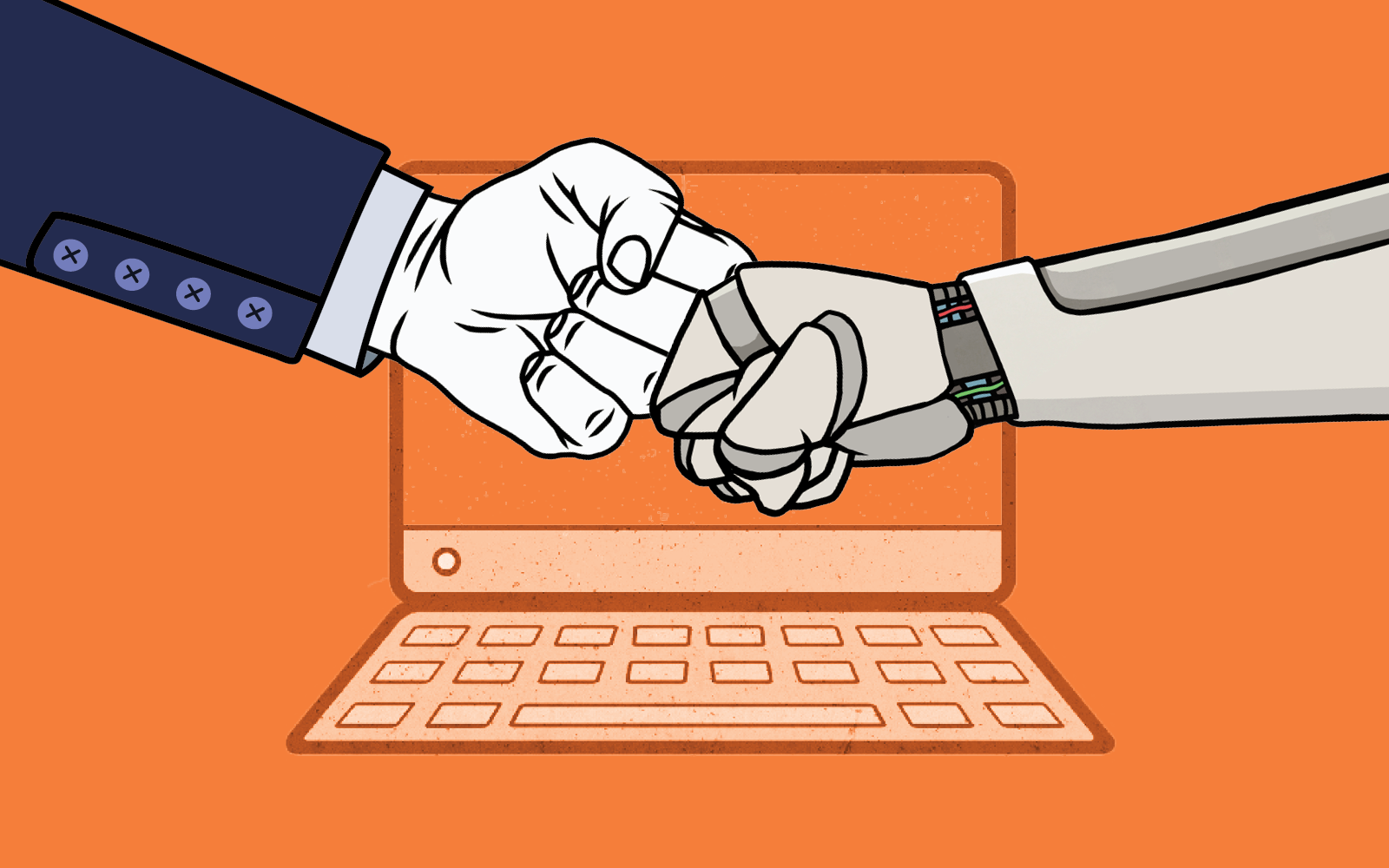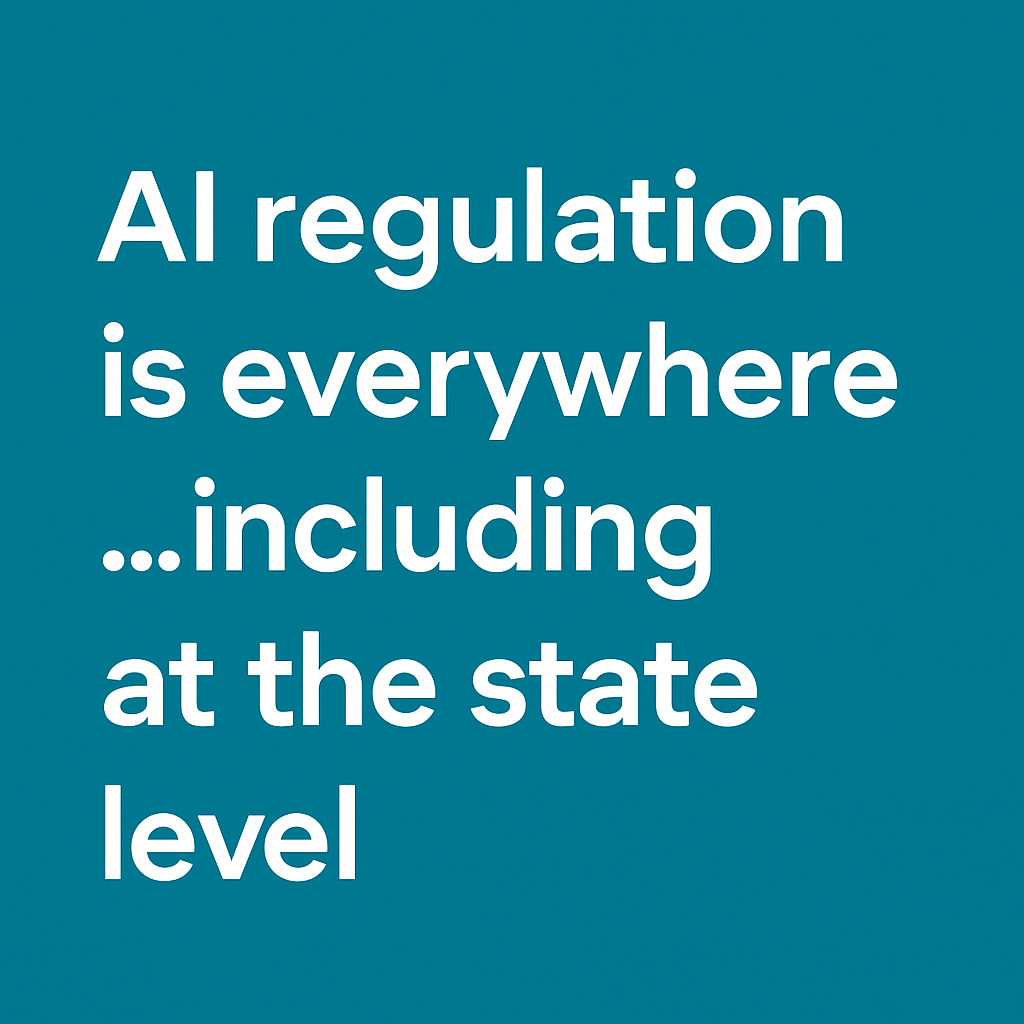We keep hearing about the coming of artificial intelligence (AI). Will computers start with vacuuming our houses, then driving our cars, and ultimately taking all our jobs? The answers are yes, probably, and no. The majority of AI applications won’t be all-encompassing like self-driving cars. Instead, computers using AI will likely augment aspects of what we currently do to help make a lot of our jobs easier.
Humans and computers have different capabilities. Each boast advantages and limitations when it comes to solving problems, yet they can be complementary. Let’s explore a few ideas.
Computer strengths
Computers using AI can be invaluable tools in problem solving since they can quickly and accurately process large amounts of data from a variety of sources. Because of their data acuity and AI algorithms, they can help to:
- identify patterns and trends that may not be apparent to the human eye
- identify solutions that might not have been considered otherwise
- bring a personal experience to scale, such as for shopping and customer service
- provide humans the data to back gut-based decisions
Computers are also excellent at small, structured, repetitive tasks that require a high degree of precision and accuracy, such as calculations, data analysis, and some specific mechanical operations. They can help eliminate human error and make one part of the process more efficient and accurate. However, computers are not so great at entire jobs or processes because they are often limited by their training set and may not be flexible enough to do all the various tasks in a process.
Human strengths
Yes, humans can also do the things mentioned above, but not always as quickly nor as accurately. And, the structured, repetitive, mundane tasks are not our strength, and can be quite boring. Our strengths are often things that computers just can’t do.
One of the biggest advantages humans have over computers is our ability to handle uncertainty and edge conditions. We can think abstractly, come up with creative solutions to novel and intricate problems, and adapt to changing conditions quickly. This allows us to make decisions in complex and dynamic environments, where computers struggle.
Humans uniquely possess “softer,” intuitive skills. We excel at tasks that require empathy, such as communicating with others, reading body language, and understanding social cues. Humans can also easily understand context. For example, if you are in a clothing store and tell the fashion advisor that you need a great dress for a summer wedding that your ex will be attending, they can understand all that your scenario implies and provide options that can likely do the trick. And only humans can develop relationships with one another.
Additionally, humans are great at complex, multi-staged tasks that require flexible motor skills, such as driving, playing sports, and operating complex machinery. This is especially true when the task encompasses many different movements and requires adaptability or some on-the-fly judgement.
Better together
Humans and computers are different. Humans are incredibly adept at dealing with ambiguity and uncertainty, while computers excel at “understanding” vast amounts of data. The successful organizations will find ways to combine the best of both worlds. They will build systems that combine computers and humans in ways that help us to better understand the world, make more accurate decisions faster, and tackle complex problems in ways that haven’t been possible until now.
1079911.1.0




-1.png)

